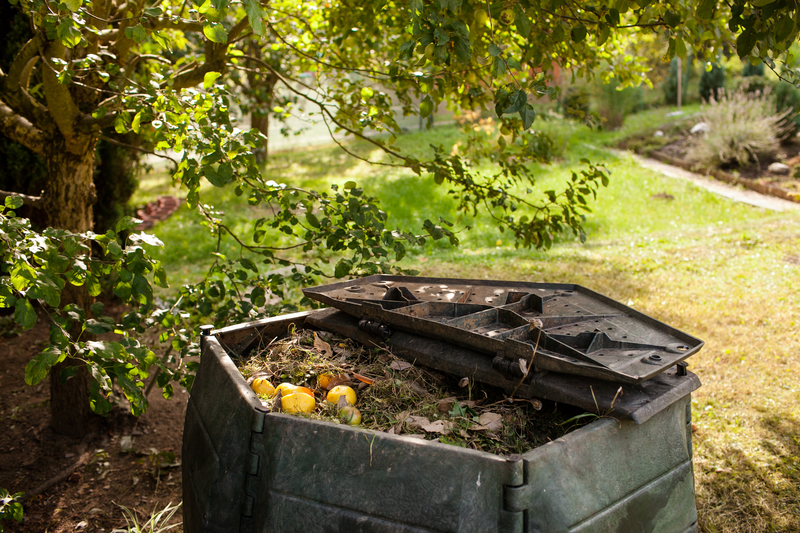In a world striving towards sustainability, leveraging recycled wood waste has emerged as a pivotal facet of reducing environmental impact. This underutilized resource offers myriad opportunities for innovation across industries, coupling ecological benefits with economic incentives.
The Importance of Recycling Wood Waste
Over the years, increased logging activities and urban development have heightened the disposal of wood waste, leading to substantial landfill strains. By recycling wood, we can:
- Reduce landfill waste: Wood waste occupies a significant portion of landfills. Recycling can drastically minimize this volume.
- Preserve forests: Utilizing existing wood waste lowers the demand for fresh logging activities, aiding in forest conservation.
- Save energy: Recycling often consumes less energy compared to the production of new materials.
Environmental Benefits
Recycled wood waste stands as a sustainable option for reducing deforestation and decreasing carbon footprint. Innovatively repurposing this resource can foster an eco-friendly landscape, where energy conservation and carbon sequestration work hand-in-hand.

Industrial Applications of Recycled Wood Waste
Unlocking the potential of recycled wood waste can lead to transformative industrial applications. From construction materials to creative solutions in the world of bioenergy, the versatility of wood waste is indeed promising.
Construction and Furniture
Incorporating recycled wood into construction and furniture manufacturing not only reduces costs but also promotes sustainable practices within the industry:
- Particleboard and Fiberboard: These materials, made from recycled wood fibers, are extensively used in making furniture, cabinets, and flooring.
- Wood Plastic Composites (WPCs): By blending wood waste with plastics, WPCs offer alternative building materials that are both durable and sustainable.
Bioenergy and Fuels
One of the groundbreaking innovations is the conversion of wood waste into biofuels and renewable energy sources:
- Biomass Power Generation: By burning wood waste, energy can be harnessed to generate electricity and heat, serving as a renewable power source.
- Biochar Production: This carbon-rich byproduct acts as a soil amendment and a means for carbon sequestration, enhancing soil fertility and reducing carbon emissions.
Wood Waste in Pulp and Paper
The pulp and paper industry has also found innovative ways to utilize wood waste, thus minimizing the environmental impact of traditional paper manufacturing:
- Recycled Pulps: Use of wood waste in pulp production saves trees and energy, making it a greener option for paper manufacturing.
- Biodegradable Packaging: With the growing need for sustainable packaging solutions, wood waste-derived materials offer eco-friendly alternatives to plastic.
Technological Innovations in Recycling Wood Waste
Recent technological advancements have been key in enhancing the process of wood waste recycling, adding value and efficiency:
Advanced Sorting Mechanisms
The evolution of intricate sorting technologies has enabled the efficient classification of wood waste, optimizing the recycling process:
- Optical Sorting: Using light and sensors to identify and separate wood types based on color and composition.
- Automated Screening: Enhanced machinery that automatically sorts wood by size and quality for better processing efficiency.
Innovative Processing Techniques
New processing methods are continuously being developed, introducing more effective ways to repurpose wood waste:
- Thermal Treatment: Techniques such as pyrolysis and gasification transform wood waste into valuable fuels and materials.
- Biochemical Conversion: The use of enzymes and bacteria to convert wood waste into bioethanol and other chemicals.

Challenges and Future Perspectives
While there are challenges in the recycling of wood waste, continuous innovation points toward a promising future:
Overcoming Technical Limitations
One of the significant technical hurdles is refining the processes to maximize yield and quality of recycled products. Continued research and development are essential to overcome these barriers.
Policy and Economic Incentives
Fostering a conducive environment for innovation in wood waste recycling can be stimulated by supportive policies and economic incentives, encouraging more industries to adopt sustainable practices.
Future Innovations
The future of recycled wood waste holds vast potential, with research paving the way for more efficient resource utilization:
- Nanotechnology: Advanced nanotechnology could further enhance the properties and applications of recycled wood products.
- Cross-sector Collaborations: Partnerships between various industries can lead to innovative solutions for wood waste, contributing to broader sustainability goals.
Conclusion
The journey of fueling innovation with recycled wood waste is both inspiring and imperative. As industries and societies become more environmentally conscious, embracing sustainable practices by leveraging wood waste can lead to a significant reduction in environmental impact. Through technological advancements and open-minded policy frameworks, the potential of this renewable resource can be fully maximized, ensuring a greener planet for generations to come.